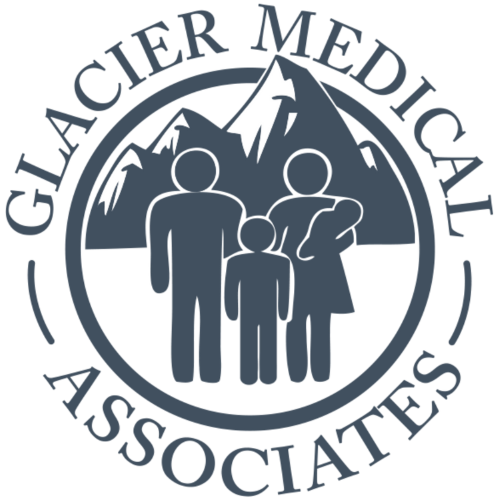Primary Care and the Patient Centered Medical Home
The health care system in the United States is a non-system of uncoordinated, fragmented care, emphasizing intervention, rather than prevention and comprehensive management of health. The key to change in the health care system is to reinvigorate the primary care infrastructure in the US, to redesign the manner of primary care delivery, and to re-emphasize the centrality of primary care. Compelling research indicates that the ever-increasing focus of resources on specialty care has created fragmentation, decreased quality, and increased cost. Primary care is the only entity charged with the longitudinal continuity care of the whole patient, and it is the primary care relationship and comprehensiveness that has the most effect on health care outcomes.
According to the Center for Evaluative Clinical Sciences at Dartmouth, states in the US that rely more on primary care have lower Medicare spending (inpatient reimbursements and Part B payments), lower resource inputs (hospital beds, ICU beds, total physician labor, primary care labor, and medical specialist labor) lower utilization rates (physician visits, days in ICUs, days in the hospital, and fewer patients seeing 10 or more physicians), and better quality of care (fewer ICU deaths and higher composite quality score).
Glacier Medical Associates is committed to making changes towards the introduction of concepts of The Patient-Centered Medical Home. The Patient-Centered Medical Home (PCMH) is an approach to providing comprehensive primary care for children, youth, adults and the elderly. The PCMH is a health care model that facilitates partnerships between individual patients, their personal physicians, and when appropriate, the patient’s family. Each patient has an ongoing relationship with a personal physician trained to provide first contact then continuous and comprehensive care. The personal physician leads a team of individuals at the practice level, and beyond, who collectively take responsibility for the ongoing care of their patients in the PCMH.

